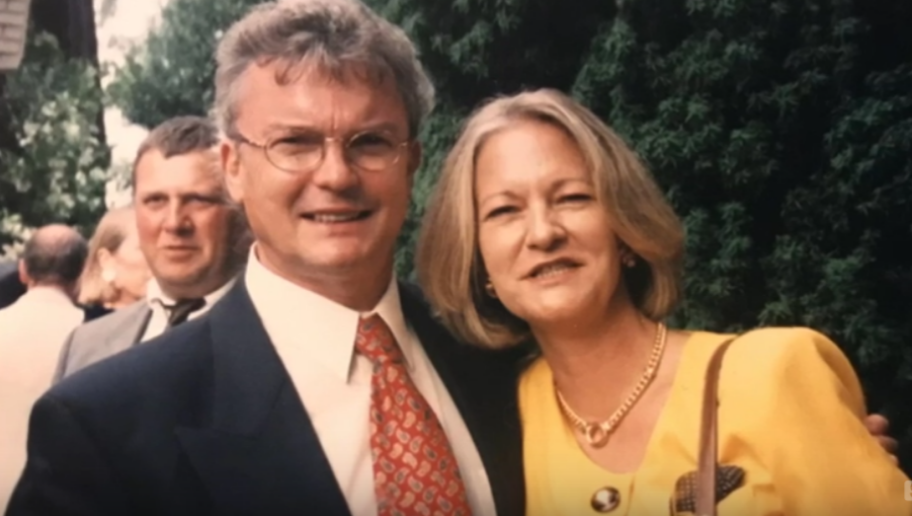“I just didn’t think that he wanted to be with me.”
Sally Challen was convicted of murder in 2010 after admitting to bludgeoning her husband to death with a hammer. Now, with the help of feminist group Justice for Women, she is seeking to overturn her conviction on appeal.
WATCH: Just Say No to Socialism
According to a BBC report, Challen’s lawyers plan to make the case that she was driven to kill after enduring years of psychological abuse at the hands of her spouse. Attorneys for Challen have claimed that if jurors had had a better understanding of the “theory of coercive control,” they would have come to a different conclusion during the original trial.
At issue is whether or not Challen should assume diminished responsibility for her actions if her husband, Richard Challen, used fear to control her. In 2015, four years after Challen’s murder conviction, the offense of coercive control was officially criminalized in the United Kingdom, where the couple lived, setting the stage for the landmark appeal.
Justice for Women, whose co-founder once joked about putting men in concentration camps, argued before the latest hearing that Challen’s husband “bullied and belittled” her and “controlled their money and who she was friends with, not allowing her to socialise without him.”
Although Justice for Women said they do not believe coercive control provides a complete defense for murder, they do believe the circumstances Challen lived with justify reducing the sentence to manslaughter.
WATCH: Woman Attacks Man in MAGA Hat and Gets Detained by ICE
The group may hope to find more sympathy for their argument in the wake of the #MeToo movement, which has raised awareness about the myriad forms of sexual harassment and assault, some more clear-cut than others. After all, even Lorena Bobbitt is getting a sympathetic hearing these days.
Meanwhile, prosecutors contend that they provided plenty of evidence about Challen’s state of mind to the jury. In written court submissions, they argued that even though the phrase “controlling and coercive behaviour” was added to the law books in 2015, it is an old concept, and not one that jurors need expert guidance to understand.
Prosecutors said that jurors were given enough evidence to demonstrate that Challen was able to think logically before, during, and after the killing.
Challen attacked her husband believing he was cheating, and later said: “If I can’t have him, no-one can.”
Asked why she killed him, Challen told the court: “I don’t know. I just didn’t think that he wanted to be with me.”
WATCH: New Footage Of Savage Berkeley TPUSA Assault
